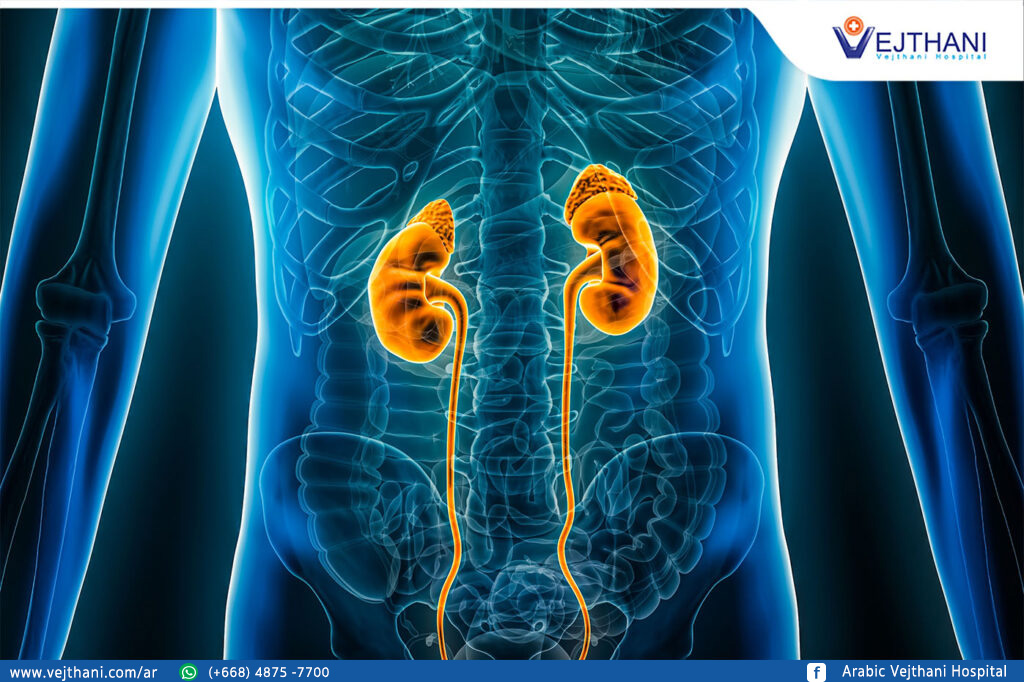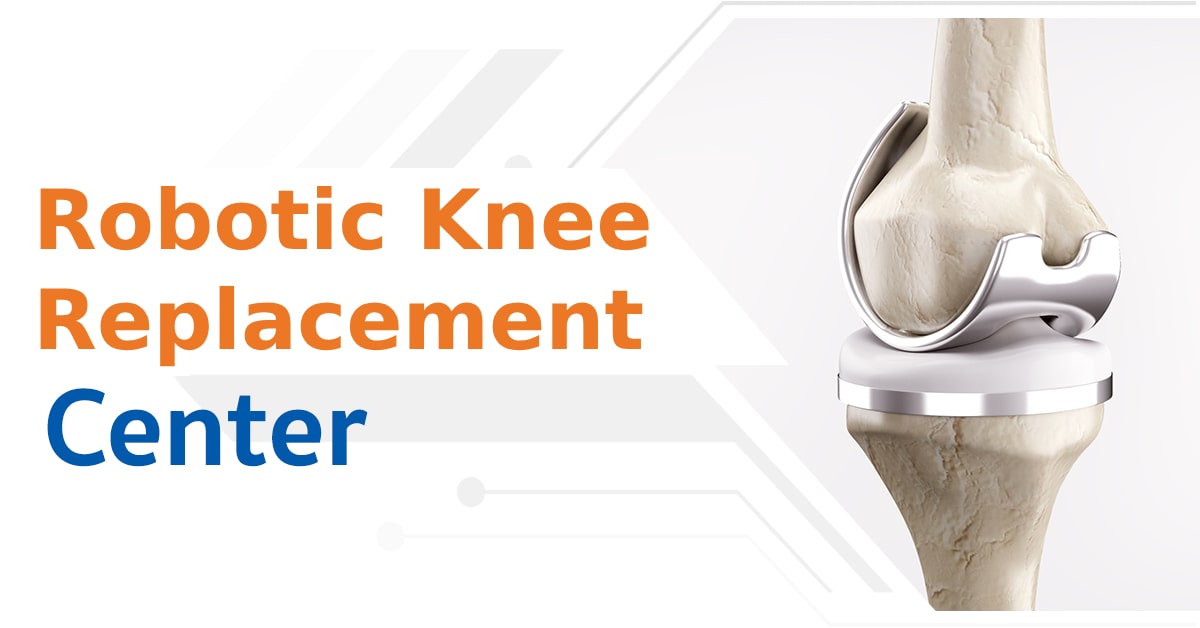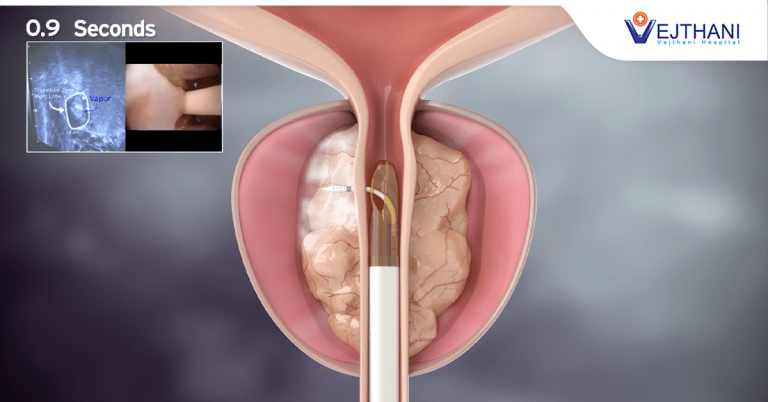

The urinary system plays a vital role in eliminating liquid waste from the body, and any malfunction within this system that results in the inability to urinate can potentially lead to the development of acute kidney failure.
Dr. Paiboon Iemsupakkul, a urologist specializing in urosurgery at Vejthani Hospital, explained that the urinary system works by kidneys filtering waste out of the blood and then disposing of that waste as urine. The urine travels through the ureters to the bladder. When the bladder is full, the brain signals the bladder to contract and build pressure to push the urine out of the body through the urethra.
However, if a vital organ like the urethra has blockage, it prevents the passage of urine from the kidneys. This can result in urine flowing back to the kidneys, potentially causing infection or acute kidney failure. Urethral blockages can be caused by various factors, including congenital urinary tract obstructions, permanent scarring from prior surgeries, or external pressure caused by conditions such as cervical, colon, or bladder cancer.
The symptoms of urinary tract obstruction depend on which part of the tract is blocked and whether the blockage is complete or partial. Common indicators include:
- Pain in the ribcage or back
- Nausea or vomiting
- Fever or trembling
- Decreased urine output
- Difficulty urinating
- Blood in the urine
- High blood pressure (hypertension)
- Frequent urinary tract infection
Percutaneous nephrostomy (PCN) is a procedure that can be used to treat urinary tract obstruction. In PCN, a catheter is placed through the skin into the kidney to drain urine. This procedure is suitable for acute blockages to slow down kidney failure. PCN can be used as a temporary solution for cancer patients until the cancer is treated. It is essential to treat the underlying cause of the obstruction. If the cancer treatment is successful, the catheter can be removed. If the cancer has not been treated yet, the catheter must remain in place for a long time to prevent acute kidney failure. The catheter must be changed every three months.
- Readers Rating
- Rated 5 stars
5 / 5 ( Reviewers) - Spectacular
- Your Rating


























